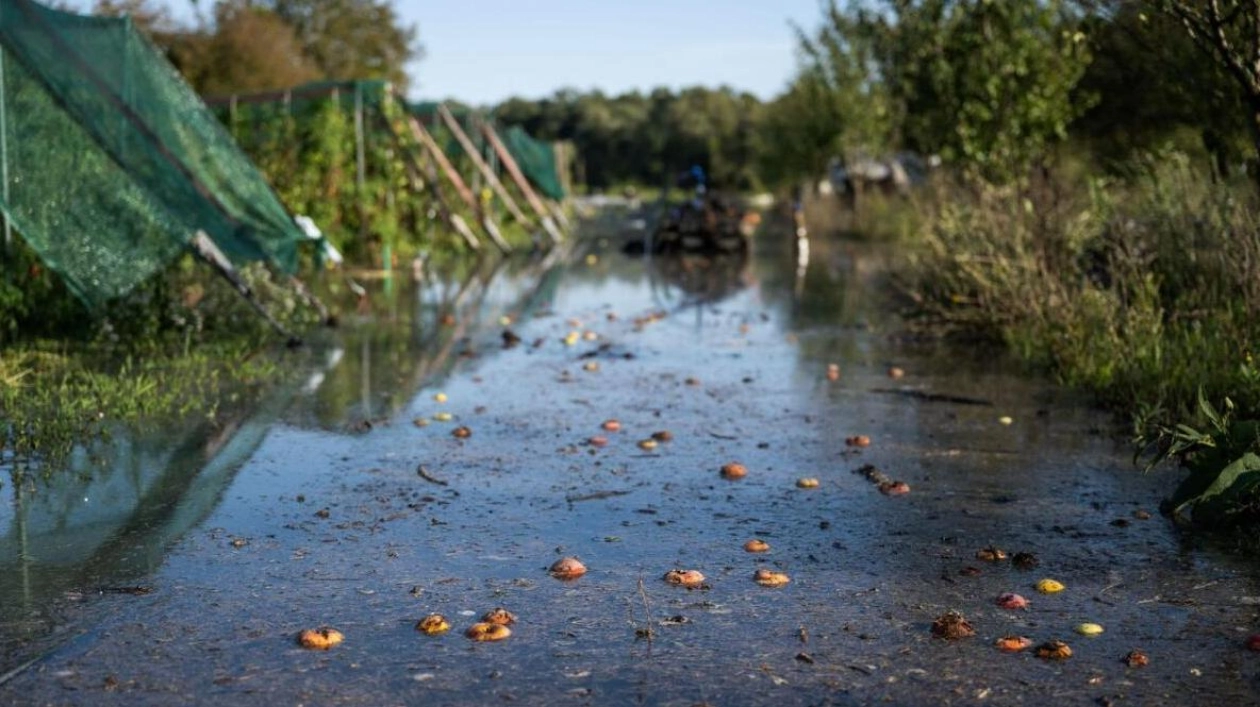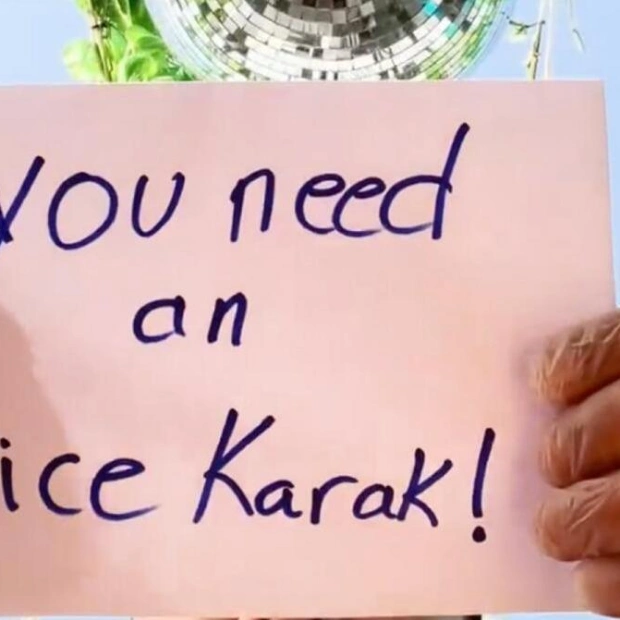Hungarian farmer Laszlo Batki was on the brink of harvesting his organic tomatoes, peppers, radishes, and lettuce when the swollen River Danube inundated most of his small plot north of Budapest this week.
Batki's vegetables required meticulous care during a summer marked by drought, only to be struck by floods. With little left to salvage, he anticipates a significant loss this year. 'This means a loss of income... also, we can't sow new crops as previously planned, and we can't start preparing the soil for next year,' the 36-year-old said, standing knee-deep in water as he surveyed the partially submerged crops.
The worst floods to hit central Europe in at least two decades have caused extensive damage from Romania to Poland, resulting in at least 24 deaths, destroying bridges, submerging cars, and leaving towns covered in mud and debris. Days of torrential rain caused rivers to overflow in several parts of the region.
In Budapest, the Danube reached its peak in the early hours of Saturday, according to authorities who informed state news agency MTI. The flooding, however, peaked at a lower level than the record seen in 2013.
Batki, who purchased the one-hectare smallholding two years ago, has been employing sustainable farming techniques with the goal of becoming a model for local farmers. Despite the damage, he believes he can adapt by switching to more traditional crops to cope with more frequent floods in the future. He remains philosophical about his losses. 'This is a bad thing. But on the other hand, it is also good. The Danube arrives, and it fills up the dried-up land with water and brings nutrients as well,' he said.






